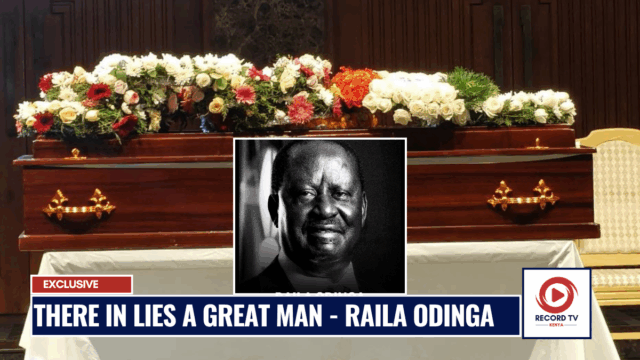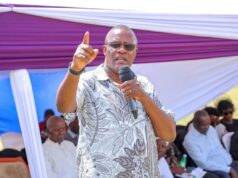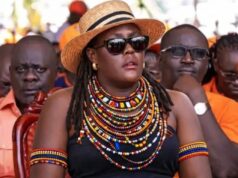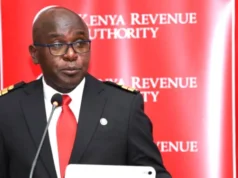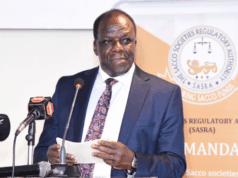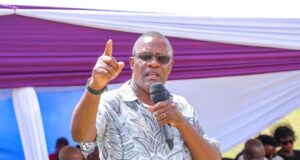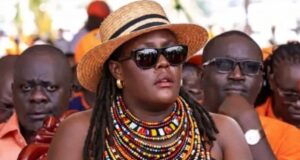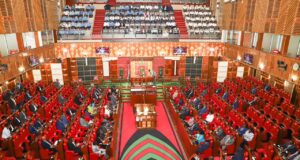Raila Amolo Odinga, the long-serving opposition leader and one of Kenya’s most influential politicians, has died at the age of 80. He passed away on October 15th, 2025, in Koothattukulam, Kerala, India, where he was receiving Ayurvedic treatment for an eye condition. He suffered a cardiac arrest during his morning walk.
Mr Odinga’s death closes a major chapter in Kenya’s political story. Known by many as “Baba” or “Agwambo,” he was a five-time presidential candidate who played a central role in shaping the country’s democracy, even though he never became president.
Born on January 7th, 1945, in Maseno, near Lake Victoria, Raila was the son of Jaramogi Oginga Odinga, Kenya’s first vice-president and a leading figure in the country’s independence struggle. From an early age, he was exposed to politics and activism, influenced by his father’s socialist ideals and his clashes with Jomo Kenyatta’s government.
After studying in East Germany during the Cold War, Raila earned a master’s degree in mechanical engineering in 1970. He returned to Kenya to work in business and later joined the Kenya Bureau of Standards. But his life soon took a political turn.
In 1982, he was detained without trial after being accused of involvement in a failed coup against President Daniel arap Moi. He spent nearly nine years in prison over several detentions, experiences that hardened his resolve to fight for multiparty democracy.
When Kenya reintroduced multiparty politics in the early 1990s, Mr Odinga returned from exile in Norway and won a parliamentary seat in 1992. His career from then on was marked by shifting alliances, reform campaigns, and moments of national tension.
He served as Minister for Energy and later as Minister for Roads and Public Works, leaving a notable record in infrastructure development. His 2007 presidential campaign ended in post-election violence that killed more than 1,000 people. A power-sharing deal made him Prime Minister in 2008, a position he used to push through the 2010 constitution that decentralized power to counties.
Despite losing presidential elections in 2013, 2017, and 2022, Mr Odinga remained a force in Kenyan politics. His handshake with President Uhuru Kenyatta in 2018 ended a period of unrest and symbolized his enduring ability to reshape the national agenda.
Outside Kenya, he served as the African Union’s High Representative for Infrastructure and later sought the AU Commission chairmanship.
Mr Odinga was married to Ida Betty Odinga, and they had four children: Fidel (deceased), Rosemary, Raila Jr., and Winnie.
His career blended courage, controversy, and resilience. He spent decades challenging entrenched power, enduring setbacks, and inspiring generations of reformists. To his supporters, he was the conscience of the nation. To his rivals, he was a stubborn agitator. To history, he remains the man who refused to give up on Kenya’s promise.
As the country mourns, Kenya reflects on the legacy of a man whose political battles and democratic ideals defined its modern era.


